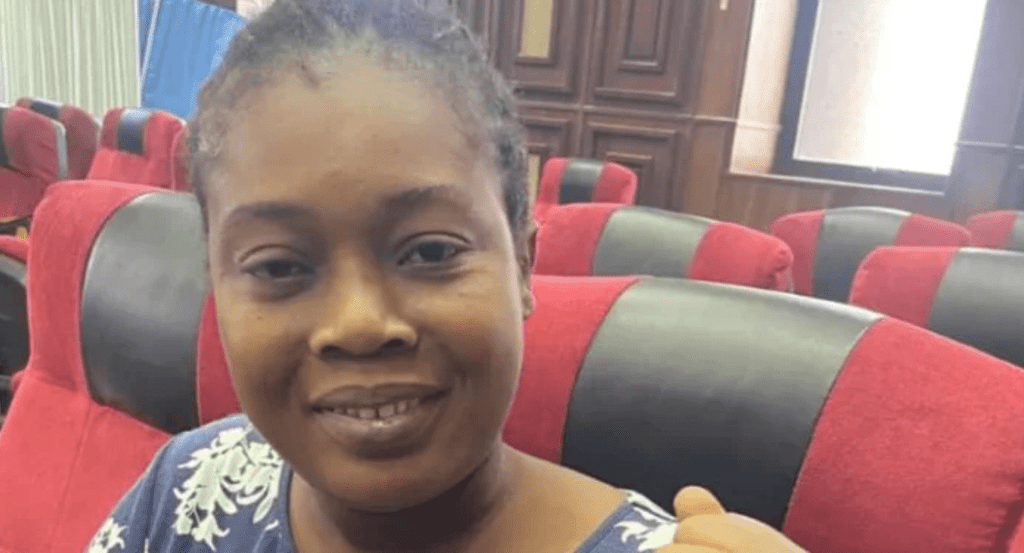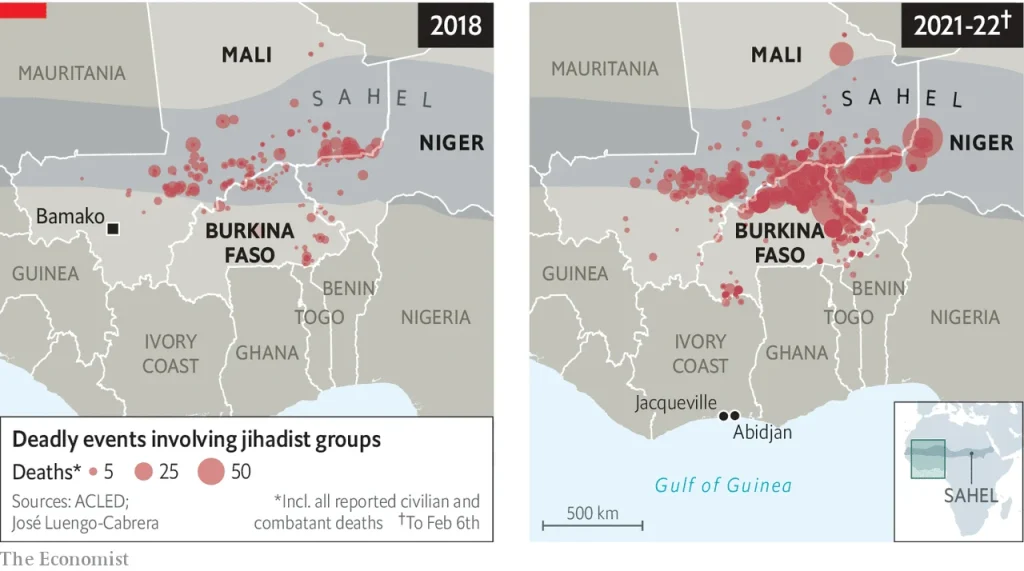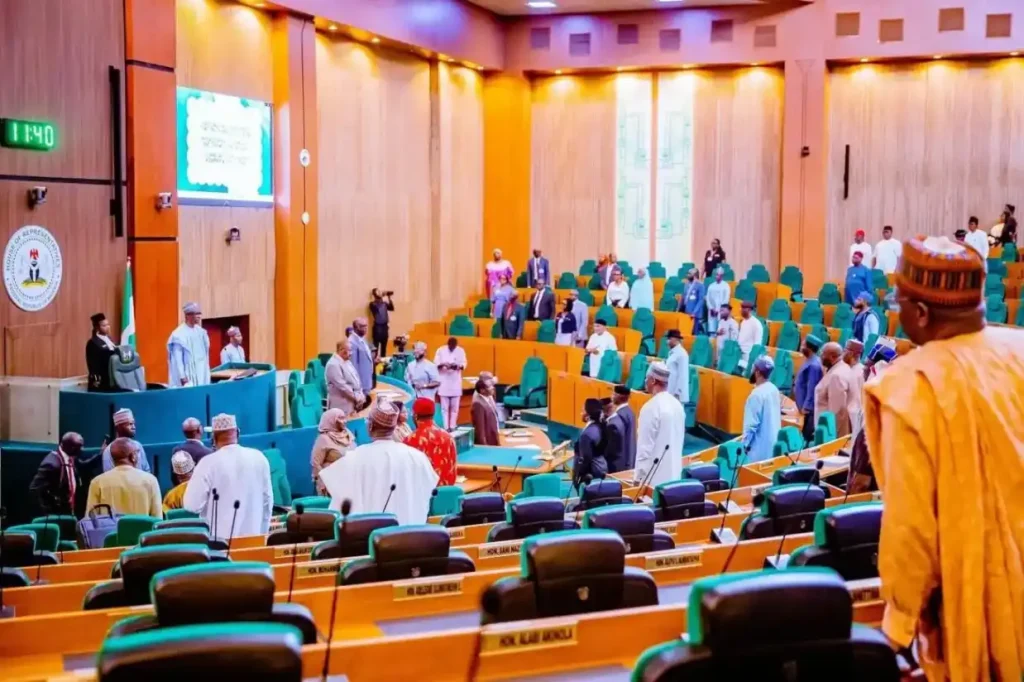A Nigerian court has denied bail to activist Olamide Thomas, who faces charges of cyberbullying for allegedly making derogatory remarks about Seyi Tinubu, the son of President Bola Ahmed Tinubu, and others on social media.
Thomas, a prominent voice during the #EndSARS protests, was arrested earlier this month following directives reportedly issued by the Inspector-General of Police. According to court filings, the activist is accused of using her social media platform to insult and criticize public figures, which authorities claim constitutes cyberbullying under Nigeria’s Cybercrime Act.
In a court session held on Friday, the presiding judge ruled against granting bail, citing the need to ensure the integrity of the judicial process and the seriousness of the allegations. Thomas has been remanded in custody pending her trial, which is set to commence in early 2025.
The arrest and detention of the activist have sparked widespread criticism from human rights organizations and social justice advocates, who view the charges as an attack on free speech and dissent. Critics argue that the case exemplifies the growing use of state power to silence opposing voices and suppress criticism of those in authority.
Legal representatives for Thomas have expressed their disappointment in the court’s decision, emphasizing that the charges lack merit and constitute an infringement on her constitutional right to freedom of expression. Her defense team has vowed to appeal the ruling and seek her release.
The case has drawn significant public attention, with many activists and concerned citizens taking to social media to express their solidarity with Thomas. Hashtags demanding her release have gained traction, reigniting discussions about the limits of free speech in Nigeria and the role of law enforcement in protecting versus policing it.
Meanwhile, the Inspector-General of Police has defended the arrest, stating that the actions were in accordance with the law and necessary to maintain public order. In a statement, the police highlighted that cyberbullying and defamation are criminal offenses that must be addressed to preserve the dignity and reputation of individuals.
This incident underscores the broader tensions between civil liberties and state authority in Nigeria. Observers have called for a balanced approach to addressing cybercrimes while safeguarding citizens’ rights to voice dissent and hold leaders accountable.





















